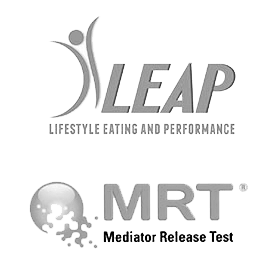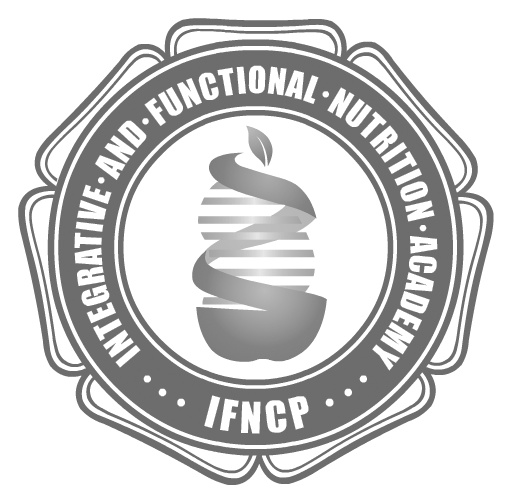Best Probiotics for Women
Probiotics for IBS, IBD, and for overall gut health in women
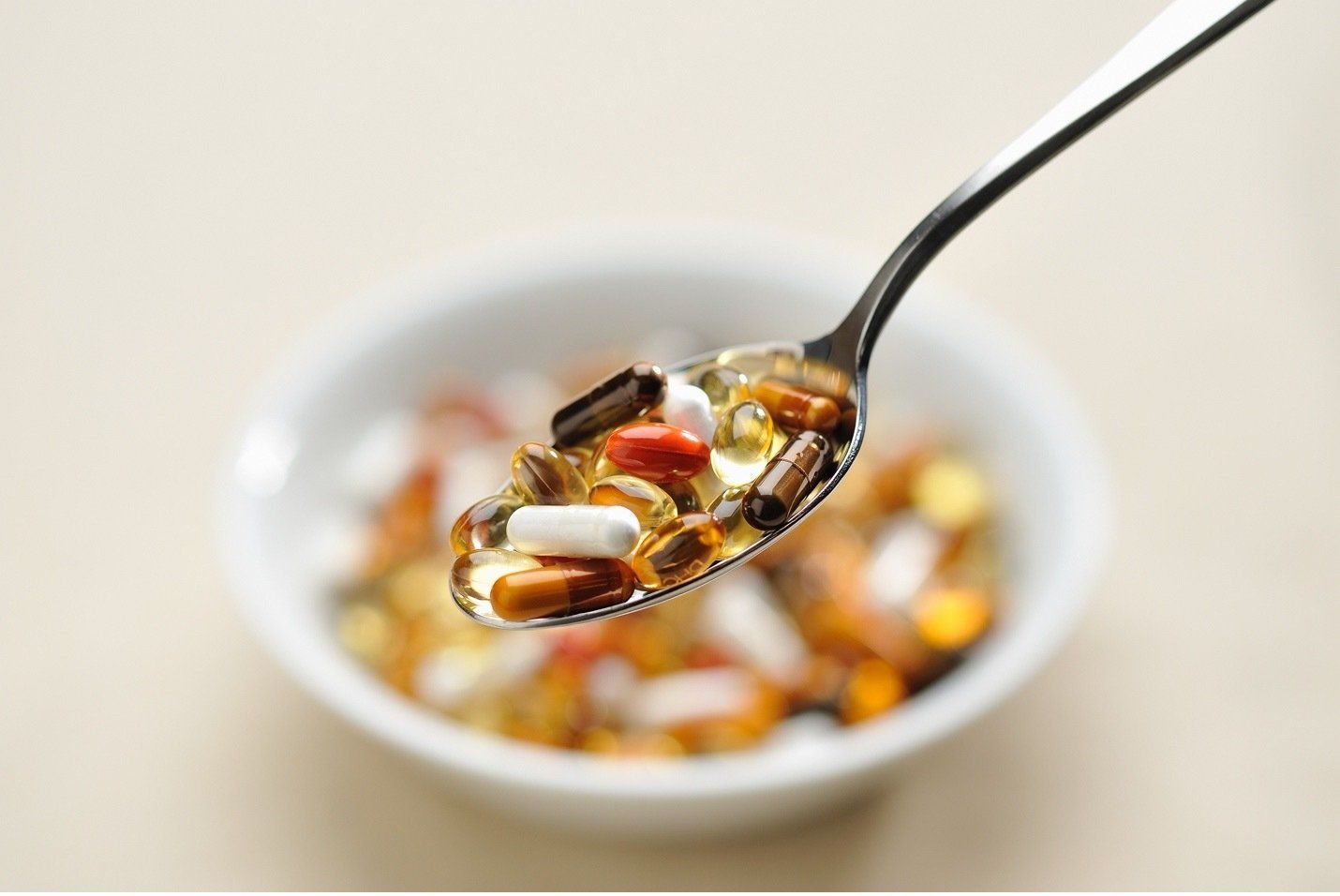
What are probiotics? What are prebiotics?
Probiotics1,2
Probiotics are bacteria (or yeast) that “provide health benefits”.1 What the health benefits are is up for debate. There is evidence linking probiotic use to weight loss, increased immunity, better digestion, and skin health. However, research in the microbiome field is just now emerging to the mainstream, which means we need more of it. Strains of these bacteria (those long words listed on the back of the label) correlate to the strains of ‘good’ (also called commensal bacteria or beneficial) bacteria in your gut.
Theoretically, taking probiotics enhances the microbiome providing more richness and diversity of the good guys, and improving overall health in all the ways a balanced microbiome improves overall health. Probiotics are found in fermented foods, supplements in many strains or in one strain and every combination in between.
The hallmark of a probiotic is surviving the digestive process to end up in the colon; where they live helping to ferment prebiotic fibers and produce short chain fatty acids (SCFA). These SCFAs are where the magic happens- they make protective mucous, energy, boost immunity and even reduce inflammation.
Prebiotics2
Prebiotics are fermentable soluble fibers. They also need to survive the digestive process until they reach the colon- to feed the gut microbiome (which is fed by probiotics). Fermentable means they are appropriate food for the environment of the colon to continue the process of fermentationmaking cells. They are soluble, meaning they are going to be in the class of soft plant fibers and not the firm psyllium or wheat bran INsoluble fiber.
There are three classifications of prebiotic fibers- inulin, resistant starch, and pectin. These are also known as FODMAPs.
Inulin especially is a culprit in the bloating/abdominal pain that are indications for a trial of the low-FODMAP diet. Chances are, if these prebiotic fibers are giving you trouble when you eat them, you have something going on with the microbiome- because this process is not supposed to be uncomfortable. Inulin is in asparagus, onion, garlic, etc. Inulin is also in MANY supplements, so if you have trouble with these fibers-keep an eye on the label.
Resistant starch is our green bananas, cooked/cooled white potato, rice, oats, legumes (this can be why peanut butter bothers your stomach- peanuts are fermentable). These are a big contributor to the whole SCFA thing.
Pectin is the balm.. get it? Oh well. It is a gelatinous fiber that literally turns fruit into jelly or jam. Spoiler alert- the same thing is going on inside your body! The consistency lends itself to being a superstar with diarrhea (it turns water to gel) and is high in antioxidants. Its found in many fruits like apple, strawberry, grapes…
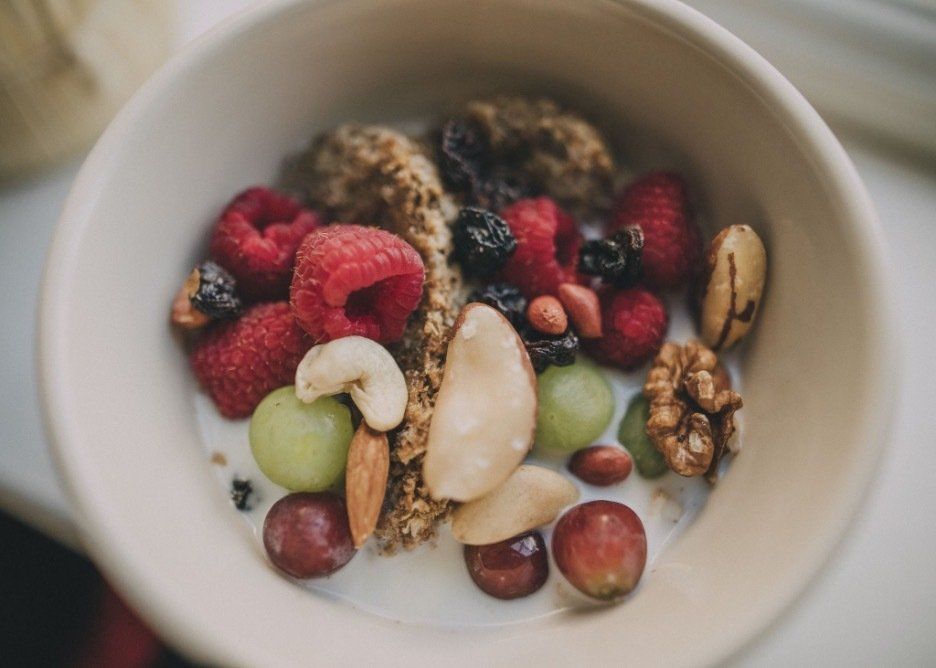
How do probiotics work to improve health, and what do they improve?
Probiotics by design can boost the good gut bacteria, ‘crowd out’ some of the opportunistic/overgrowth bacteria, help with digestion, produce the short chain fatty acids we discussed. All these things can have a beneficial effect on our health in a roundabout way, but literally all that probiotic supplementation does is to adjust the levels of bacteria in your gut. The good bacteria in our gut are responsible for boosting immunity and helping control things like diarrhea/constipation, skin conditions, UTIs, food intolerance, sinus/respiratory conditions. As a women’s gut health expert I do want to point out that the boost in microbiome from the colon also has a positive effect on the microbiome of the vagina, but even with frequent yeast infections you do not want to be leaning on a probiotic long term. Go looking for that root cause and work on that rather than the symptom!1
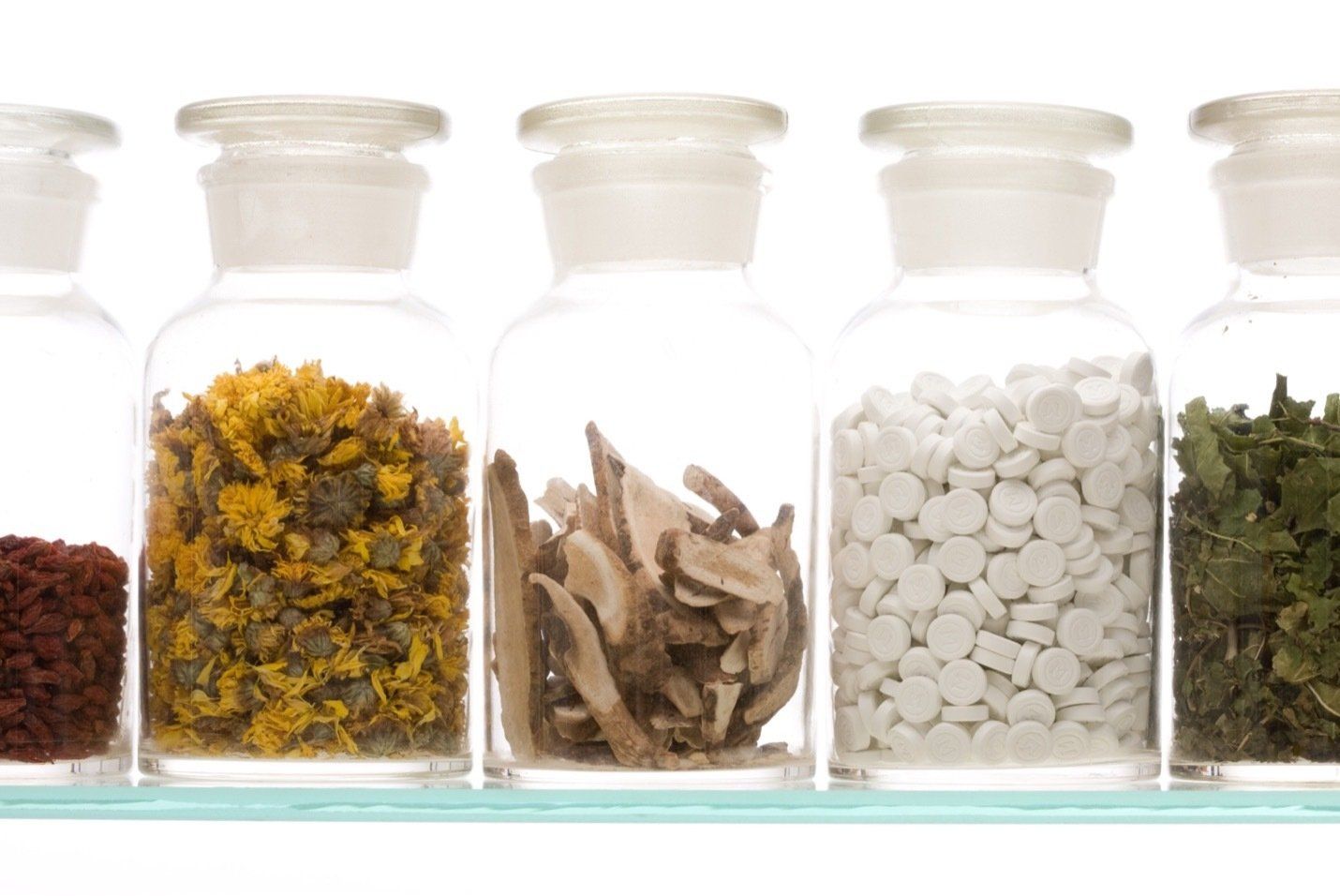
So should I take a probiotic?
Oh right. Probiotics can be super helpful, but just like with every nuanced gut recommendation, it comes with a catch. There are about 6 POUNDS of bacteria in our gut, and the probiotic market has exploded with so many different blends of strains. Since everyone’s body is different, not everyone can take the same probiotic. One probiotic may really help you, and another may cause bloating, increased gas, and or overall discomfort.1
Either way, a probiotic is actually temporary be design- NOT meant to be taken long term. After a few months you have provided that colon with the bacteria it wanted and improved the richness and diversity of the microbiome as much as you could with this particular modality, and taking it over a long period of time will actually just be a waste of money. Also remember-things like weight loss are not directly caused by taking a probiotic, it is absolutely not a weight loss supplement no matter what the bottle says.
The best thing to do is to start with a diet change, in my opinion.
Include:
Fermented foods, kefir, yogurt, tempeh, kombucha, kimchi, half sour pickles, miso, sauerkraut.
Polyphenols-eat the rainbow, deeper in color the better.
Prebiotic fibers- sunchokes, asparagus, cooked and cooled potato, onion, garlic, whole grains, legumes and fruit.3
If you introduce 1-3 servings of any of these per day, you will be feeding the good gut bacteria. A few weeks of that and you may notice an organic change in digestion without supplementation, which is the goal. If you still feel like you want to try a probiotic, try a multi-strain blend from BioK+, Visbiome, Megaspore, Klaire Labs. Only go for about 60 days and then go back to the prebiotic fibers and natural probiotics to maintain.
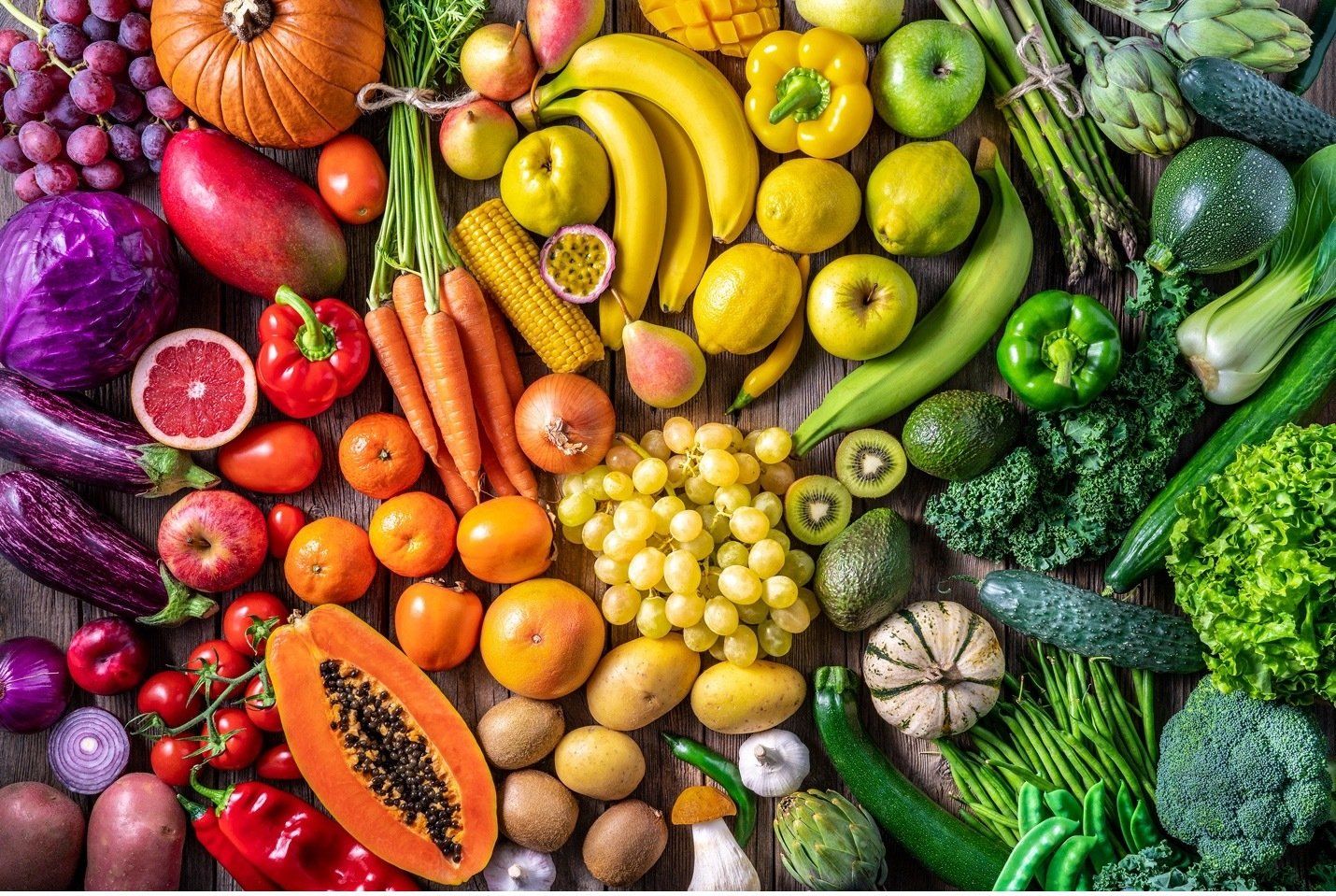
SIBO, bacterial overgrowth, a tale of the small intestinal bacteria
If we are talking about bacteria, I feel like we should talk SIBO quick.
We take probiotics to feed to bacteria in our intestines, right? Kind of. Probiotics feed the bacteria in our colon (large intestine). Our small intestine was always assumed to be sterile. A groundbreaking 1979 study showed a sterile small intestine was not common at all, just under half of subjects had bacteria in their small intestine.4
Today, we know there is a variety of bacterium in the small intestine. In some people this is not a big deal and in some, it causes a lot of digestive issues. The most common symptoms are abdominal pain, bloating, and gas. Why does this happen?3
Get this- that whole fermentation process we just talked about? With the prebiotics feeding the probiotics? In some people, that process happens too soon, in the small intestine instead of in the colon. This happens when there is an ‘overgrowth’ of bacteria form gas as a result of the fermentation process in that small intestine. What does gas cause? A bloated, crampy, post brunch abdomen. (iykyk)3
SIBO stands for Small Intestinal Bacterial Overgrowth. These bacteria can be measured with a diagnostic breath test that looks at how long your body is producing these gasses. Dysbiosis is an imbalance of the gut microbiome- too much bad, not enough good, or a combo of the two. You do not have to have a SIBO diagnosis to know you have dysbiosis, but if you have a SIBO diagnosis, you also have dysbiosis.1

Are probiotics safe when or pregnant lactating?
Always ask the doctor about this. The best time to focus on balancing the gut microbiome is before or after pregnancy and lactation, however studies show health benefit in mom and baby when probiotics are taken during pregnancy. These include fewer perinatal infections, less risk of preterm birth, healthier GI system in baby and may also help prevent atopic disorders in infants.2
Conclusion
Probiotics are great when they are needed, but are they needed? Try diet first, and don’t believe everything you read on the label!
Reference List
1. Valdes A M, Walter J, Segal E, Spector T D. Role of the gut microbiota in nutrition and health. BMJ 2018; 361 :k2179 doi:10.1136/bmj.k2179
2. Davari DD, et al. Prebiotics: Definition, Types, Sources, Mechanisms, and Clinical Applications. Foods. 2019 Mar; 8(3): 92. doi: 10.3390/foods8030092
3. Reid G. The development of probiotics for women’s health. Can J Micro. 2016; 63(4): 269-277. https://doi.org/10.1139/cjm-2016-0733
4. Thadepalli H, Lou MA, Bach VT, Matsui TK, Mandal AK. Microflora of the human small intestine. Am J Surg. 1979 Dec;138(6):845-50. doi: 10.1016/0002-9610(79)90309-x. PMID: 389076.




